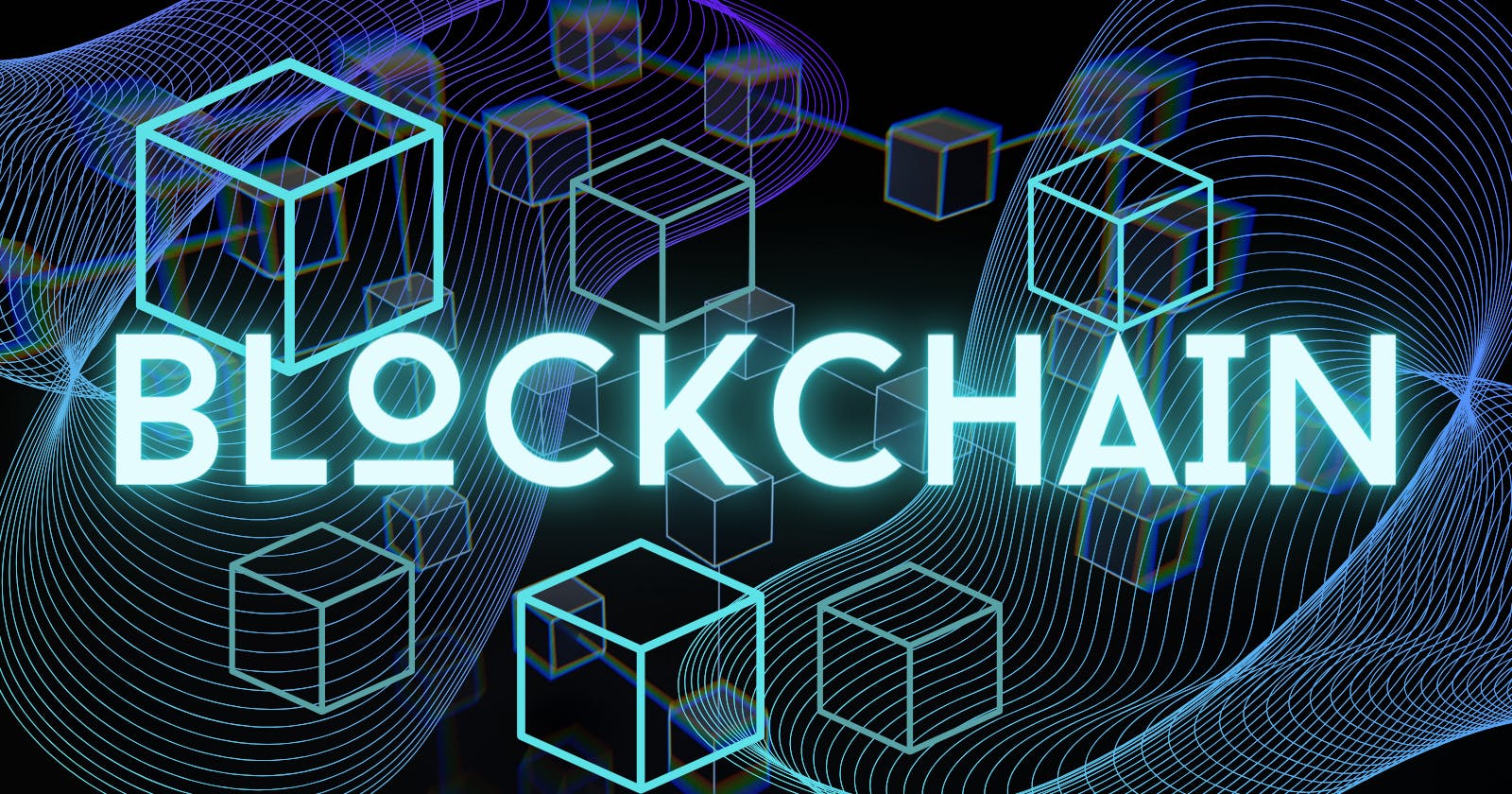Introduction
Blockchain is a technology that has gained a lot of attention and popularity in recent years, mainly due to its association with cryptocurrencies such as Bitcoin and Ethereum. However, blockchain is more than just a platform for digital money. It is a distributed ledger system that can store and verify any type of data in a secure, transparent, and decentralized way. Blockchain has the potential to revolutionize various industries and sectors, such as supply chain, finance, education, and healthcare, by enabling new forms of transactions, collaboration, and innovation.
What is Blockchain?
Blockchain is a system of records that are linked together using cryptography. Each record, or block, contains information about the previous block, a timestamp, and a unique identifier. The blocks are stored and maintained by a network of nodes, or computers, that validate and update the data. No one node has the authority or power to alter or delete the data, as any change would require the consensus of the majority of the nodes. This makes blockchain resistant to tampering, fraud, and censorship.
Blockchain can be used to store any type of data, such as transactions, contracts, identities, certificates, or assets. The data can be accessed and verified by anyone who has permission to do so, without the need for intermediaries or third parties. This reduces the costs, risks, and inefficiencies involved in traditional systems.
How is Blockchain Used?
Blockchain has many applications and use cases across different domains and industries. Some of the most prominent examples are:
Supply Chain: Blockchain can improve the transparency and traceability of supply chains by recording the origin, movement, and quality of products and materials. This can help prevent counterfeiting, fraud, waste, and human rights violations. For instance, IBM and Walmart have partnered to use blockchain to track food products from farm to table.
Finance: Blockchain can enable faster, cheaper, and more secure transactions and payments by eliminating intermediaries and fees. It can also facilitate cross-border remittances, peer-to-peer lending, crowdfunding, and micropayments. For example, Ripple is a blockchain-based network that connects banks and payment providers to enable global money transfers.
Education: Blockchain can enhance the credibility and accessibility of education by storing and verifying academic credentials, certificates, and transcripts. It can also enable personalized learning, online courses, and digital badges. For example, MIT has issued digital diplomas to its graduates using blockchain.
Healthcare: Blockchain can improve the quality and efficiency of healthcare by storing and sharing medical records, prescriptions, test results, and insurance claims. It can also enable patient-centric care, telemedicine, and research collaboration. For example, Medicalchain is a blockchain-based platform that allows patients to access and control their health records.
Problems that come with it
Blockchain technology, while revolutionary in its potential for transparency and security, can also be harnessed for nefarious purposes if not carefully managed. One concerning misuse is in the realm of illicit transactions and money laundering. Criminals can exploit the anonymity of blockchain to obscure the origins of ill-gotten funds, making it challenging for authorities to trace and apprehend wrongdoers.
Additionally, smart contracts, which are meant to automate agreements, can be exploited for fraudulent activities or to create self-executing malicious code. To prevent these misuses, it's crucial to implement robust regulations and compliance measures within the blockchain ecosystem. Governments and regulatory bodies should work in tandem with blockchain developers to establish stringent KYC (Know Your Customer) and AML (Anti-Money Laundering) procedures.
Furthermore, education and awareness campaigns can help users recognize and avoid fraudulent schemes, promoting ethical and responsible blockchain usage. In this way, the potential for blockchain's misuse can be minimized while maximizing its benefits for society.
The Future of Blockchain
Blockchain is a technology that is still evolving and developing. It faces some challenges and limitations, such as scalability, interoperability, regulation, and adoption. However, it also offers many opportunities and benefits for various sectors and society as a whole. Blockchain has the potential to create new business models, empower individuals and communities, enhance trust and security, and foster innovation and social impact.
The future of blockchain holds immense promise as it continues to evolve beyond its cryptocurrency origins. This transformative technology is poised to revolutionize various industries, from supply chain management to healthcare and beyond. With its inherent transparency and security, blockchain will streamline processes, reduce fraud, and enhance trust in digital transactions. Moreover, as scalability and energy efficiency improve, blockchain networks will become more sustainable, paving the way for broader adoption. Smart contracts, decentralized finance (DeFi), and non-fungible tokens (NFTs) are just glimpses of the innovations on the horizon. In the coming years, blockchain's impact on our digital world is destined to be profound, reshaping how we conduct business, secure data, and interact online.
Conclusion
To sum up, blockchain is a technology that has transcended its initial role of enabling cryptocurrency. It has become a versatile solution for various domains and sectors, such as supply chain, finance, education, and healthcare. Blockchain can enhance the reliability, efficiency, and security of data and transactions, as well as foster new forms of cooperation and innovation. Blockchain is not without its challenges and limitations, but it also presents many possibilities and advantages for the future. Blockchain is more than just a technology for cryptocurrency. It is a technology for change
